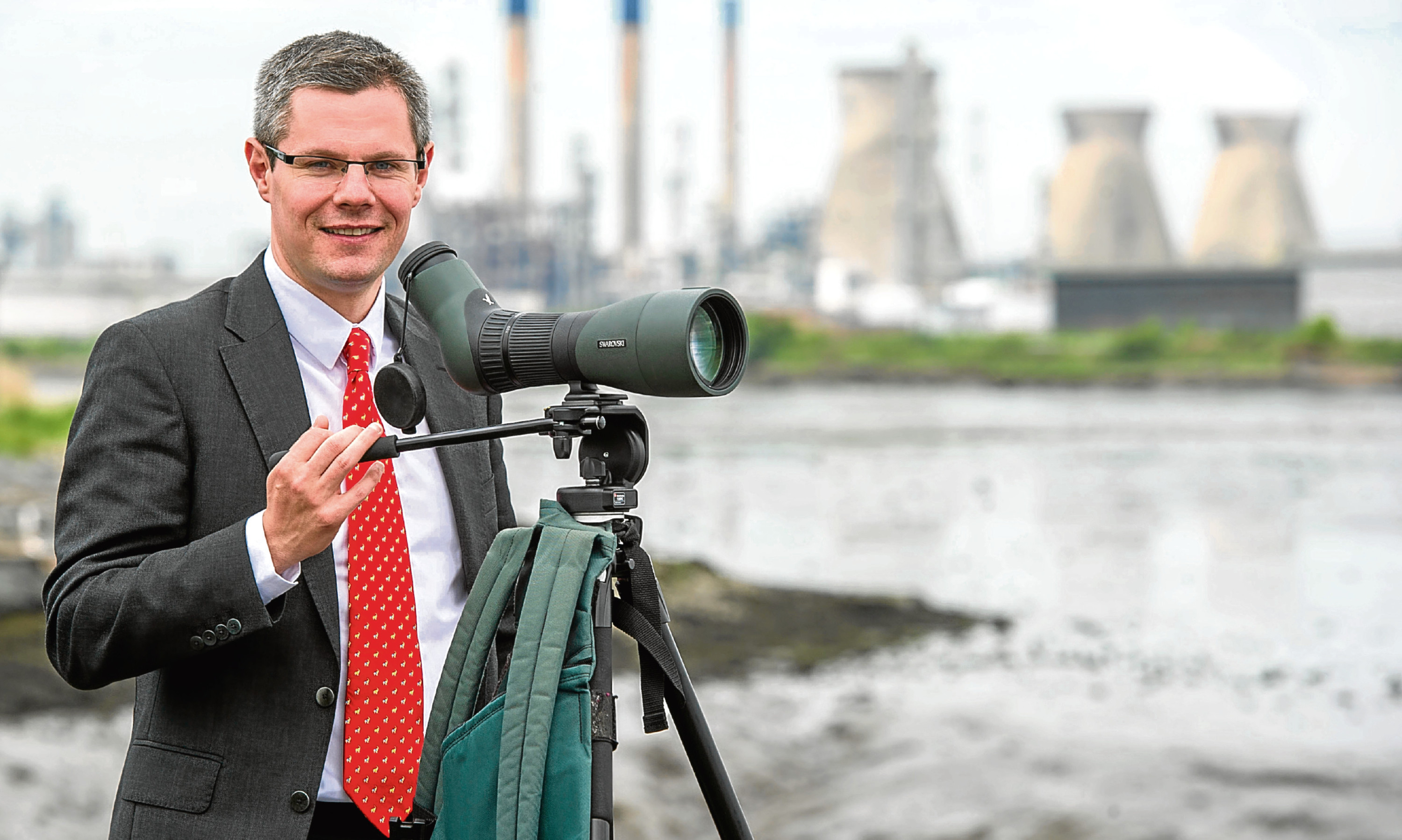Is 19 years fast in Scottish terms?
It’s been that long since Scots voted to have a tax-raising parliament and Holyrood actually raising any tax.
September 1997 we said yes to our new parliament being able to levy tax in order to make Scotland better.
It was campaigned for by Labour and the SNP in the referendum of that time, both saying such power was necessary for a parliament that was to be more than a “parish council”.
Today we expect Finance Minister Derek McKay to say Edinburgh will indeed up the top rate of income tax by a wee bit as part of his draft budget statement.
If he does then it will be a historic day, almost as significant as the opening of the parliament in 1999, as it signals the first time within the mainland UK that rates on the same tax differed.
Not a particularly exciting moment but important.
Scotland is a top-dollar state run on a middle-income economy – we spend more than we earn.
For any tax rise to begin to address this, it would need to be of an order many magnitudes larger than McKay is likely to suggest.
He may hope to raise hundreds of millions when the gap stands at a cheek-slapping £15bn.
The other way to close the gap between spending and earning would be to increase economic growth – that is, earn more by doing more.
The SNP has a “Growth Commission’ in which many of the same people who have been advising it on economic matters for the last 20 years have one more shot at solving the puzzle of why Scotland lags behind the rest of the UK in economic expansion.
As the gap has existed for decades, during which England’s economy has diversified faster than Scotland’s, it’s unlikely we can expect any quick fixes from the Nat economists.
That is, fixes they are prepared to discuss in public. In the Growth Commission, as in party ranks, there are nationalists who believe the only way to balance Scotland’s books is to be brutal – a Thatcherite purge of the state is required.
This is an article of faith for Nat right-wingers, an unspoken but understood goal of the independence movement.
What stops it happening now or being discussed is that any such ideological small state/big growth model would horrify the voters and damage the party’s popularity.
Yet the time has come for some honesty in this area of policy. We have a big problem. Until we discuss it openly, we can’t seriously claim to be worthy of self-government.
What the spending gap means, beyond the dry numbers, is that for some reason, we require more support from the state than is normal.
We have spent a lot of money (it’s all getting added to the debt our children must pay) but have made ourselves more dependent on the state.
The political hope is that growth will close the gap and stop this being a problem but that may be a false way to think of the issue.
A braver and more productive line of thought would be to question the fundamentals of Scotland.
We stand out as a developed state for our unique ability to damage ourselves. We claim a freakishly high level of disability allowance, for example – way above the UK average.
Nobody quite knows why but it adds to our national debt as well as being a miserable testament to the happiness of our society.
Nominal tax changes of the kind we are likely to hear today are political milestones but essentially meaningless in addressing the rotten heart of the state of Scotland.
My fear is that the political milestones will come quicker now that tax is being raised.
It can’t be long before this new arrangement prompts a wider debate about spending levels across the UK and further cuts to the Scottish block.
What’s more, McKay’s new tax will only raise what the economy allows – with low growth, we may get low income and that may reduce budgets further.
It is time the Nationalist right-wingers came out and admitted their belief and it is long overdue of the left of the SNP and Labour to explain our unique social problems.
Scottish politics runs slow because it is dishonest – time to pick up the pace.
